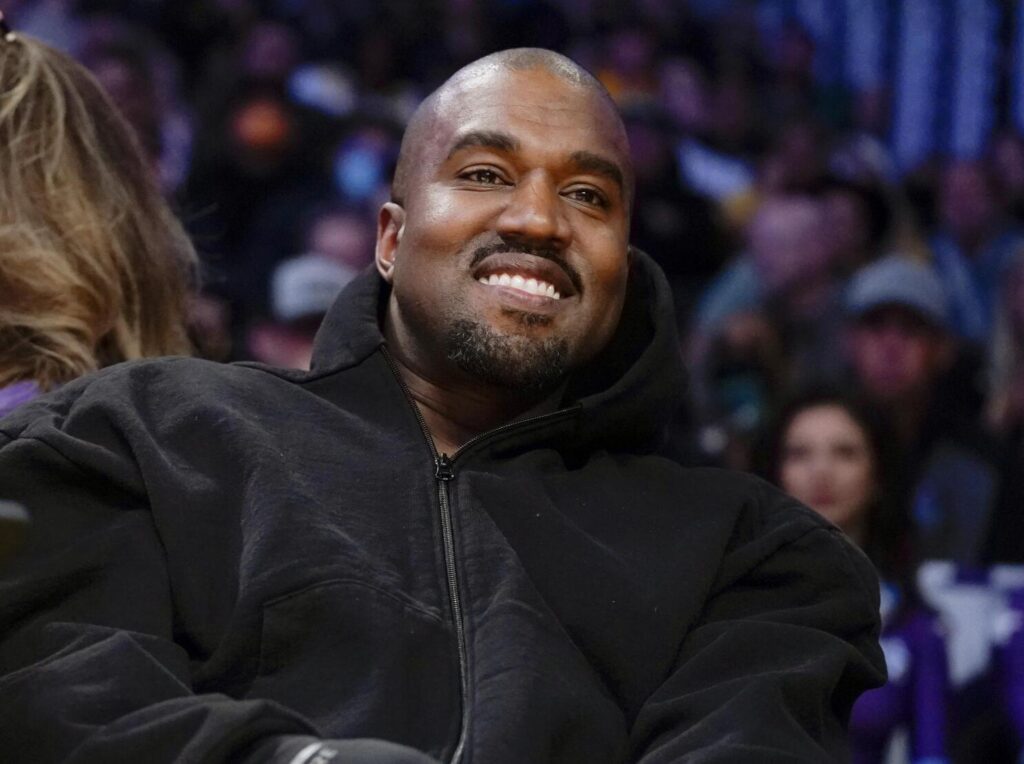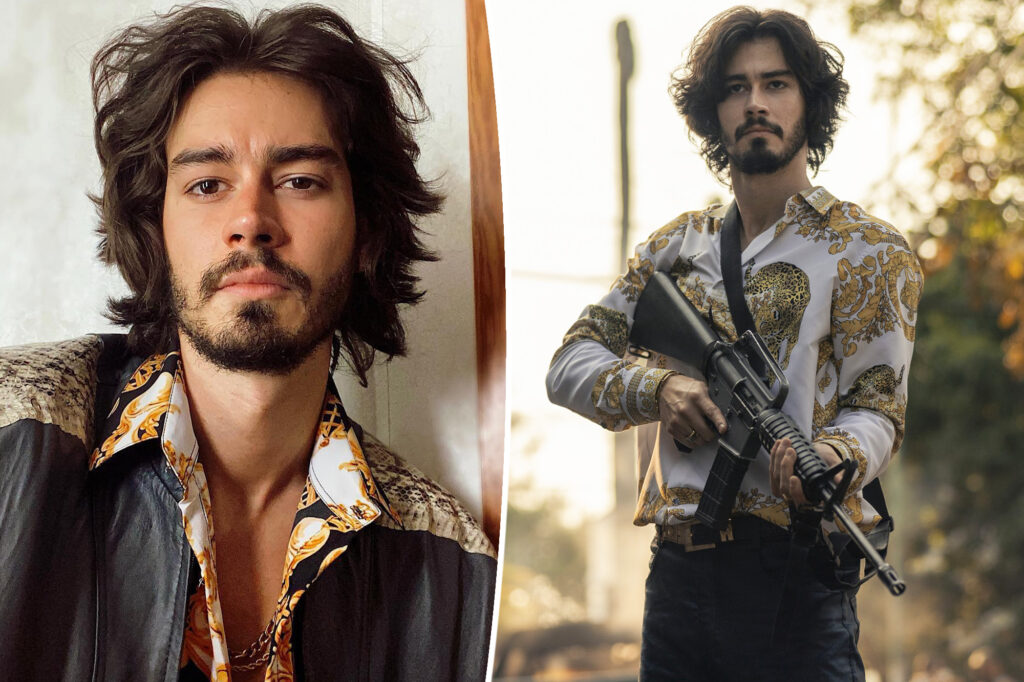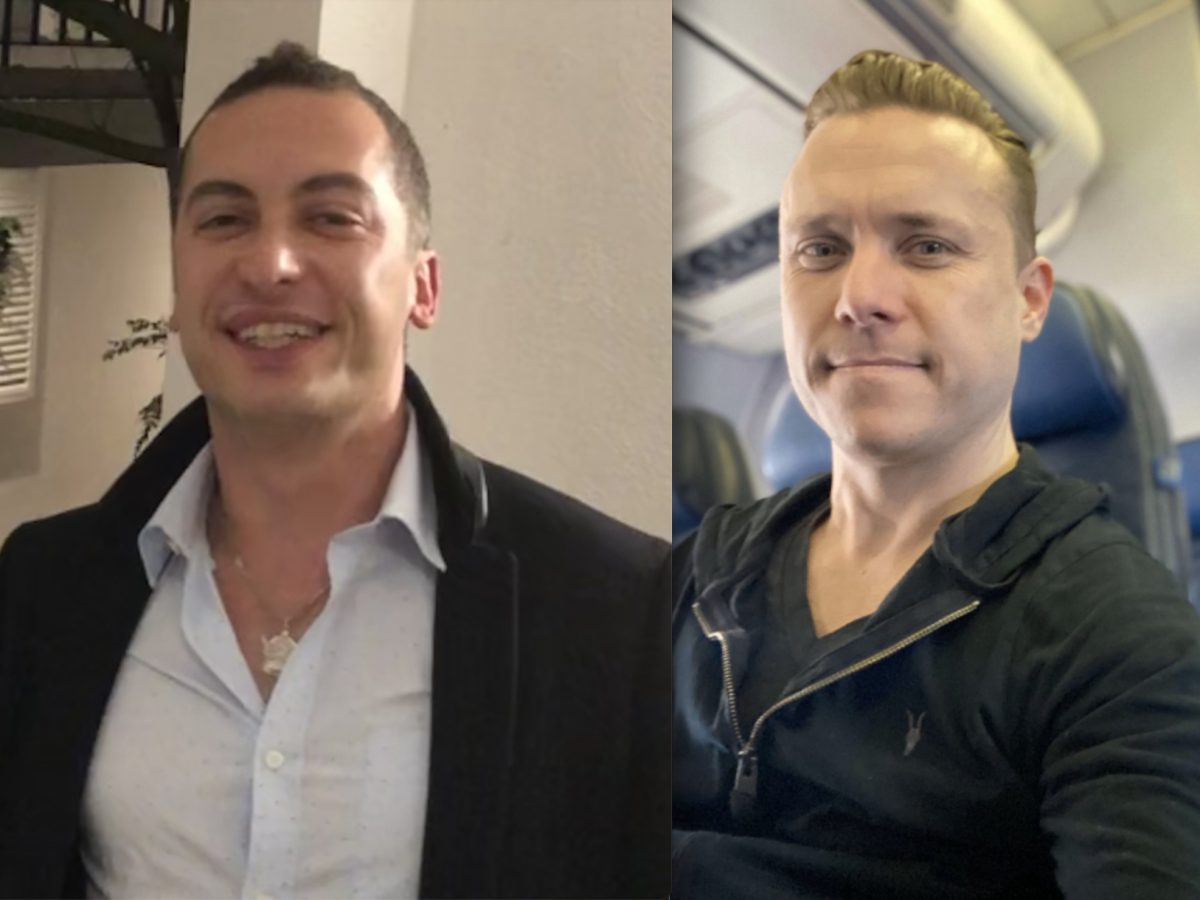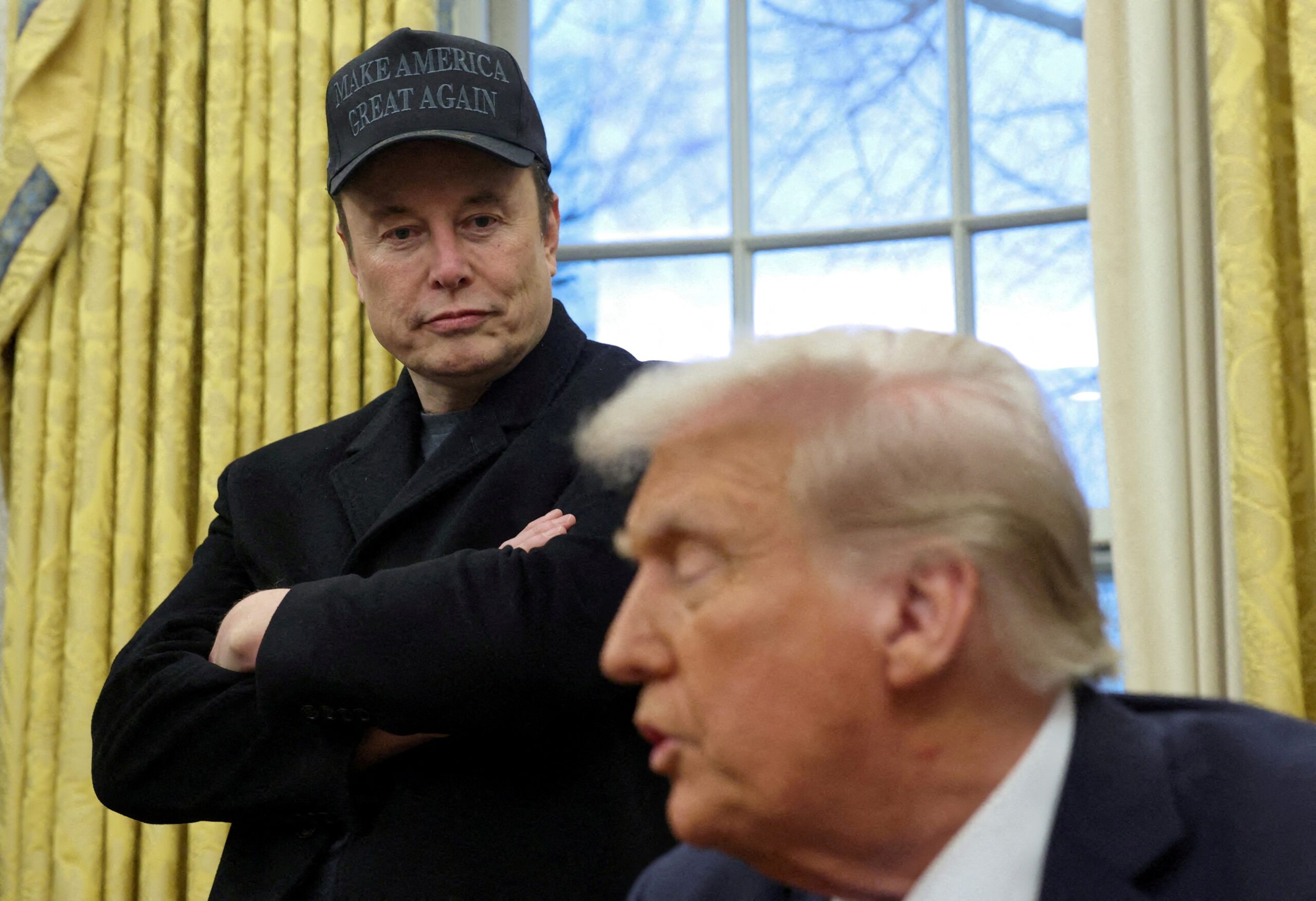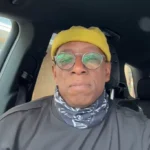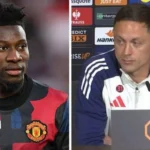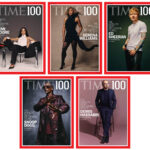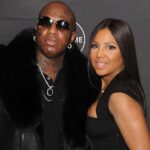Now Reading: Jonathan Van Ness Reveals ‘Devastating’ Impact of Rolling Stone Allegations
-
01
Jonathan Van Ness Reveals ‘Devastating’ Impact of Rolling Stone Allegations
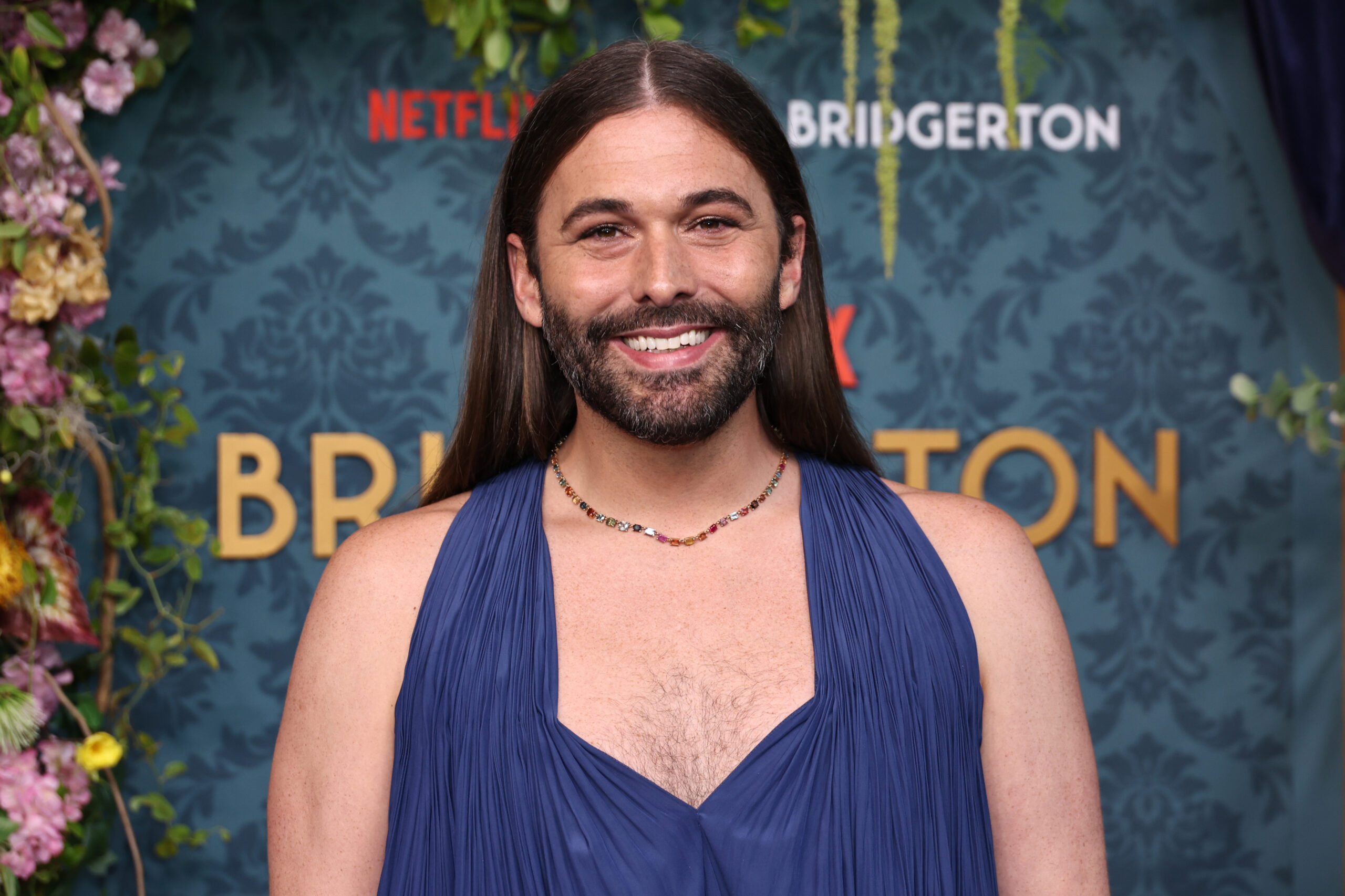
Jonathan Van Ness Reveals ‘Devastating’ Impact of Rolling Stone Allegations
In a raw and emotional revelation, Jonathan Van Ness has finally opened up about the profound personal impact of being accused of having rage issues on the set of Netflix’s hit show Queer Eye. The hairstylist and television personality described the experience as ‘devastating’ and admitted it completely transformed their perspective on self-worth.
During a candid conversation on the “How to Fail” podcast released Wednesday, April 2, the 38-year-old star didn’t hold back when discussing how the accusations published in Rolling Stone’s March 2024 exposé affected them on a deeply personal level.

“My Self-Love Was Rocked”: JVN’s Emotional Response to Allegations
“I went through something so hard at the beginning of last year, which was this Rolling Stone article,” Van Ness revealed to podcast host Elizabeth Day. What followed was an unexpected journey of self-reflection that challenged the foundation of their self-image.
“My sense of self-acceptance and self-love was so rocked by that experience that such an intense depression [amounted],” they continued, visibly emotional during the interview. “Just so many experiences that got brought out to the surface that I never saw coming.”
The allegations, which Van Ness has categorically denied as “overwhelmingly untrue,” came from several unnamed Queer Eye production team members who claimed the star exhibited problematic behavior on set.
A Profound Lesson in Self-Validation
Perhaps the most revealing aspect of Van Ness’s interview was their acknowledgment of how the controversy exposed a deeper truth about their relationship with fame and public perception.
“It made me rethink so much of my career, so much of how I come across in public and, ultimately, it really did teach me that validation has to come from inside,” they explained. “If I was relying on it from other people, media [or other] parasocial relationships, it will leave you a hollow shell of yourself. It was so traumatizing.”

Doubling Down on Their Truth
During the podcast, Van Ness remained firm in their position that the allegations didn’t accurately reflect who they are as a person, while also acknowledging their own humanity and ongoing personal growth.
“Who you see on Queer Eye is who I am and there’s so much more,” they insisted. “I was always scared because I was like, ‘I don’t know if I could live up to this version all the time.’ There are times when I’m, like, snapping or short and I need to work on it. It’s a process I’ve been working on for 37 years.”
Despite the challenges, Van Ness shared a positive update on their current mental state: “I feel better than I did in a long time.” This resilience speaks to the inner work they’ve been doing to rebuild their sense of self away from public validation.
Living Authentically in a Divided World
Beyond addressing the Rolling Stone controversy, Van Ness also opened up about the challenges of navigating life as a nonbinary person in Texas, where they moved after filming Queer Eye’s sixth season with husband Mark Peacock.
:max_bytes(150000):strip_icc():focal(380x42:382x44)/jonathan-van-ness-3-c23ee16dd4cf4c2981381555155129a5.jpg)
“It’s gotten worse — even in the last four years. Like, I don’t wear heels to dinner there,” Van Ness revealed, highlighting the very real safety concerns they face. “I can’t run as fast if I’m in a heel. It’s our community, but it’s also gun violence [and] just violence, period.”
These candid admissions about their life in Texas provide a stark reminder of the challenges many LGBTQ+ individuals face in certain parts of the country, even for someone with Van Ness’s platform and visibility.
Despite these challenges, the Queer Eye star concluded with a sentiment that combined both patriotism and a call for improvement: “I still love America but wish we could get it the f*** together.”
Looking Forward: JVN’s Journey of Authentic Self-Acceptance
Van Ness’s revealing interview offers fans a glimpse into the very human struggles behind their usually bubbly public persona. It serves as a powerful reminder that even those who appear most confident on screen can face profound challenges to their sense of self-worth.
What emerges most clearly from their candid discussion is a new focus on finding validation from within rather than seeking it externally — a valuable lesson that resonates far beyond the context of celebrity culture.
As Jonathan continues to navigate both their public career and personal identity, this moment of vulnerability may ultimately represent not just a response to controversy, but a meaningful evolution in how they approach fame, authenticity, and self-acceptance.

